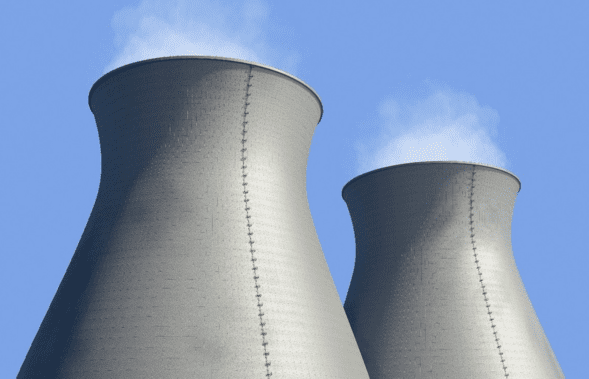Tanzania possesses a diverse array of energy resources, including biomass, natural gas, hydropower, coal, geothermal, solar, wind, and uranium, many of which remain untapped. As of December 31, 2023, the total installed power capacity in Tanzania was recorded at 1,938.35 MW. That said, the Tanzania Electricity Supply Company (TANESCO) projects that energy demand is rising at an annual rate of 10–15%.

Currently, the Tanzanian government’s goal is to integrate an additional 1,100 MW of renewable energy into the national grid by 2025. A diversified energy mix is crucial for achieving energy independence and reducing their reliance on energy imports from neighboring African nations.
The recent agreement signed between Tanzania and Ethiopia, facilitating the export of electricity from Ethiopia as of September 2024, sets a significant precedent. This export contract highlights Ethiopia’s ambition to expand energy access across East Africa while simultaneously increasing the nation’s revenue and reinforcing its position as a regional energy powerhouse.
The construction of a power transmission line linking Kenya and Tanzania is projected to be completed by November 2025. This infrastructural development in East Africa is expected to boost both the exchange of energy and the reliability of the regional energy grid. Meanwhile, it is imperative for Tanzania to harness its own substantial domestic energy potential.
At present, Tanzania is directing investments toward renewables, particularly solar and wind. These, however, do not provide a stable supply of electricity throughout the country. Paradoxically, despite possessing substantial reserves of “clean energy” in the form of uranium, Tanzania makes minimal use of this resource to generate electricity. Within the installed capacity of 2150 MW, about 1290 MW (60%) is produced from hydropower, 645 MW (30%) from natural gas and the remaining 215 MW (10%) from other sources.
Furthermore, Tanzania has identified approximately 58,500 tons of uranium, which could supply domestic nuclear reactors. This resource has the potential to substantially lower energy costs and position nuclear fuel as a viable energy option in the country’s future. Tanzania’s regulatory framework for the safe exploration of uranium resources is codified in the Atomic Energy Act of 2002 and its regulations of 2004, which enforces stringent guidelines on the usage and management of nuclear fuel.
Consequently, Tanzania has considerable opportunity to achieve a balanced energy mix that incorporates nuclear power, given its rich uranium reserves, some of which are slated for development by Uranium One, a subsidiary of the Russian state-owned corporation Rosatom. The integration of nuclear power into Tanzania’s energy portfolio will enhance energy security for critical sectors such as mining, manufacturing, and construction—key drivers of the nation’s economic progression. This development is likely to yield job creation, attract foreign investment, and promote technological advancements.
Moreover, nuclear energy may foster enhanced interregional collaboration on the African continent, positioning Tanzania as a leader in the peaceful application of nuclear power. “Nuclear is capable of addressing the energy issues of African nations. Tanzania possesses natural resources that are essential for developing this sector. Our organisation strives to boost regional and international cooperation in nuclear energy, seeing great prospects for both the adoption of nuclear power within the country and for advancing links between Tanzania and South Africa, a nation that has made considerable strides in this area compared to many global countries,” remarked Emmanuel Montwedi, Executive Chairperson, South African Young Nuclear Professional Society (SAYNPS).
Achieving energy independence minimizes vulnerability to external energy supplies, enabling a reliable and sustainable energy foundation for the national economy. Furthermore, it addresses climate-related challenges, enhances economic prosperity for Tanzania and its population, provides investment opportunities across various economic sectors, and positions the country as a regional development leader.
The nuclear sector clearly exemplifies this growth potential, offering a stable alternative to intermittent renewables, delivering relatively inexpensive energy to local consumers, and attracting international and regional investors. This paradigm shift will pave the way for dependable and affordable electricity supply, unlocking Tanzania’s industrial capabilities and securing its role as an economic hub in East and Central Africa.





